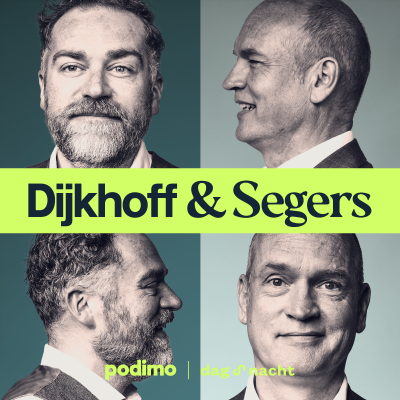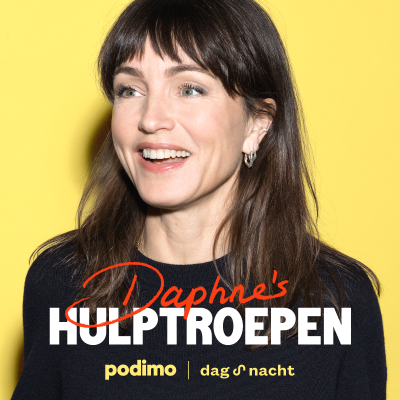
HBR IdeaCast
Engels
Business
Tijdelijke aanbieding
2 maanden voor € 1
Daarna € 9,99 / maandElk moment opzegbaar.
- 20 uur luisterboeken / maand
- Podcasts die je alleen op Podimo hoort
- Gratis podcasts
Over HBR IdeaCast
A weekly podcast featuring the leading thinkers in business and management.
Alle afleveringen
649 afleveringenAssuming the Best About Others is Hard—But Necessary
Are you guilty of bracing for the worst when it comes to your clients, colleagues, and bosses? Amer Kaissi, professor at Trinity University, explains why bringing that negative mindset to work will quietly undermine your team, organization, and career. He wants leaders to instead adopt a "positive intent mindset," which means giving everyone -- even people who disappoint you or with whom you vehemently disagree -- the benefit of the doubt. He shares five key capabilities we can all build to improve trust and performance without sacrificing accountability. Kaissi's book is called The Positive Intent Mindset: Exceptional Leadership Through Trust and Accountability.
With Rise of Agents, We Are Entering the World of Identic AI
What if the AI you integrate into your organization isn't just about efficiency or creating digital assistants, but completely changes how you work? Longtime digital trend watcher Don Tapscott says the next wave of artificial intelligence is all about identic AI - where personalized agents don't just complete tasks, but understand your judgment and values and take actions on your behalf. He explains the technologies for this that already exist amid the rise of agents and bots, what it means for leaders and organizations, and the pitfalls to look out for. Tapscott is author of You to the Power of Two: Redefining Human Potential in the Age of Identic AI.
What You Must Deliver to Win Customers Today
What if your customers aren't looking for better products and services, but for a way for themselves to become better? While the experience economy remains important, Strategic Horizons cofounder B. Joseph Pine II argues that it's not enough to acquire and retain customers in today's competitive environment. He sees the next wave in business as one focused on offering outcomes to customers - and that might even mean only getting paid when customers succeed. He shares how this model might actually reduce risk, what it means in a world of AI and mass personalization, and ways that companies can truly deliver on their promises. Pine is author of the book The Transformation Economy: Guiding Customers to Achieve Their Aspirations.
The Cognitive Science Behind Sudden Change
Difficult change is an inevitable part of life, but few of us have the skills and mindset to handle it well. That can trickle into our work and careers, but there are lessons from psychology that can help us be more resilient. Dr. Maya Shankar, cognitive scientist and host of the podcast A Slight Change of Plans, shares concepts that can help you react, reframe, and adapt in life or work. She offers evidence-based strategies for leaders navigating personal, organizational, and technological upheaval—from burnout and culture shifts to AI-driven transformation. Shankar is author of the book The Other Side of Change: Who We Become When Life Makes Other Plans.
The Case For Becoming a Project-Based Org
What does it take to stay agile and compete effectively in today's business world? Smart leaders are entirely reorienting their organizations around project-based work, says Antonio Nieto-Rodriguez, CEO of Projects & Company. This requires learning how to better prioritize, fund, and staff these initiatives; measure and incentivize success; and quickly end projects that aren't working so resources can be diverted to ones that are. He explains why executives must radically rethink how they and others spend time, how work gets done, and the eventual pay-off of this kind of reorg. Nieto-Rodriguez wrote the book Powered by Projects and the HBR article "The Project Driven Organization."
Kies je abonnement
Tijdelijke aanbieding
Premium
20 uur aan luisterboeken
Podcasts die je alleen op Podimo hoort
Gratis podcasts
Elk moment opzegbaar
2 maanden voor € 1
Daarna € 9,99 / maand
Premium Plus
Onbeperkt luisterboeken
Podcasts die je alleen op Podimo hoort
Gratis podcasts
Elk moment opzegbaar
Probeer 30 dagen gratis
Daarna € 11,99 / maand
2 maanden voor € 1. Daarna € 9,99 / maand. Elk moment opzegbaar.















































